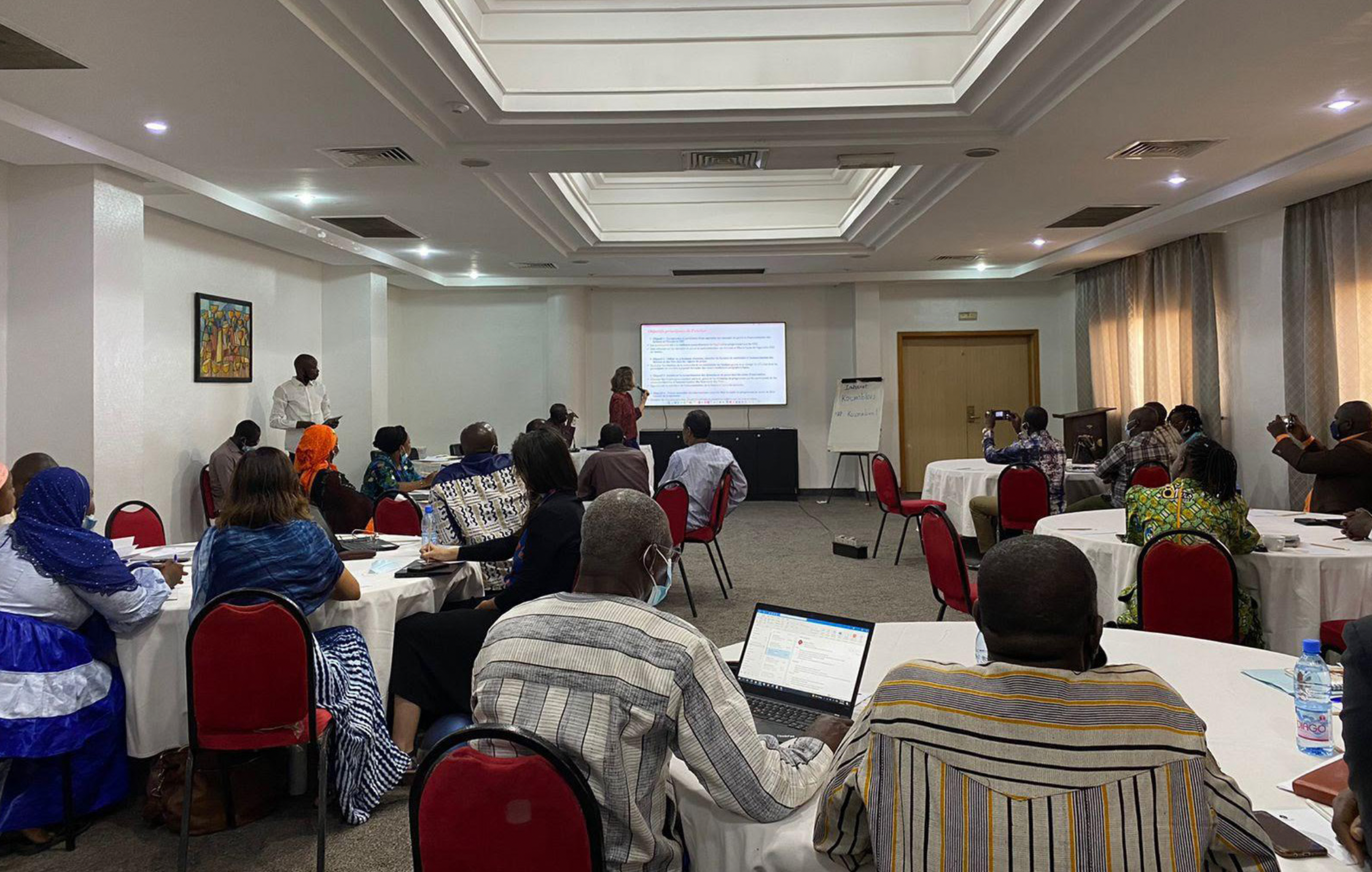
Gender research on Women Empowerment in Mali
Client: UNICEF Mali
Pillar: Gender and Social Inclusion
Thematic Area: Gender
Services Provided: Research and Training
Understanding the drivers that contain women and girl’s resilience in Central Mali
In Mali, resilience & nutritional and food security is a major challenge, especially when it comes to girls and women. We focused on how a programme led by UNICEF, WFP and FAO, working on these topics, integrate a gender approach to its daily work.
Objectives:
Having a better understanding of gender integration in food and nutrition security projects, in order to inform the overall programme.
Building the capacities of the overall programme staff, to improve their ability to reinforce women and girls’ resilience.
Project objectives
Research: In order to strengthen existing and future programming to address food security and resilience in Central Mali as drivers of the ongoing conflict, MAGENTA carried out an anthropological study on the obstacles to women and girls’ empowerment for a joint UNICEF/WFP/FAO programme to “support to resilience, food and nutrition security”, using a gender transformative lense.
Strategy development: The research informed 3 capacity building workshops to local civil society, government officials, local authorities and community leaders to use the research findings as an opportunity to reflect on existing gender norms and harmful social norms that prevent gender equality and limit resilience against climate insecurity and violence in their communities.
Methodology
Inception stage
Literature review
Research
Methodology design
Research and Analysis
Data collection: 3 sequences of qualitative data collection
Participatory methodology including videos of the participants that were diffused during the second sequence of data collection, enabling a dialogue between different communities
Resolution Workshops
Sharing the results
Training the staff of the overall programme: UNICEF, WFP and FAO’s staff & partners
Raising awareness of gender issues among more than 80 actors
Recommendations:
Based on these participatory workshops, recommendations
for the integration of gender issues for this programme as well as for the future ones.
Methodology
Outcomes:
Increased understanding by key nation- al and local stakeholders of the barriers to women and girls’ empowerment
Increased capacity of key local stakeholders in mainstreaming social and behaviour change approach as well as gender transformative approaches in their interventions
Strengthened the inclusion of gender components in future resilience programming, through the development of programmatic recommendations.
Outputs:
The research aimed at understanding the specific behavioural drivers in each locality as well as the overall impact of the ongoing conflict and climate change. A total of 28 FGD, 26 IDI and 19 KII took place with different subgroups of populations and key stakeholders in each location. At the end of the project, the research team held restitutions sessions to the research participants for them to be in- formed of the conclusion of the research and the anticipated next step, in line with key principles of accountability to affected population.
Three capacity building workshops with local stakeholders of WFP, FAO and UNICEF project related to resilience, food and nutrition security.
The product of the key conclusions of the research and brainstorming sessions during the capacity building workshops, where evidence-base programmatic recommendations to a wide array of humanitarian and development actors in Mali to strengthen women and girls’ empowerment.

